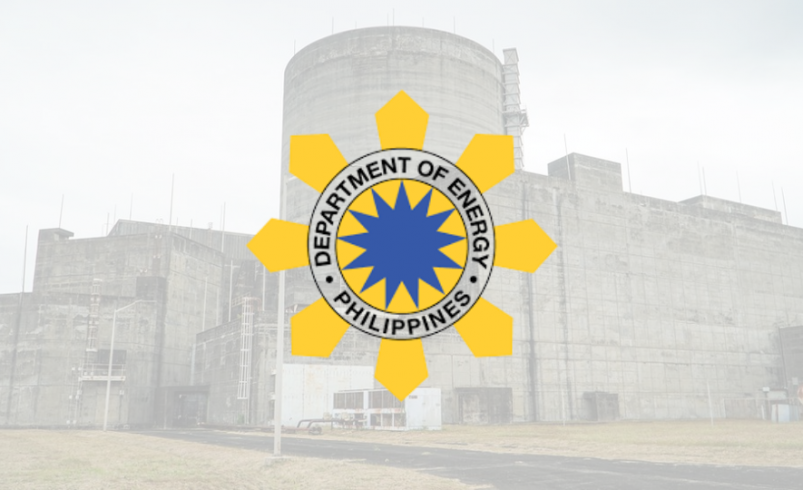PH to deliver first nuclear kilowatt-hour by 2032
- October 2, 2025
- 0

The Philippines is preparing to produce electricity from nuclear power by 2032, with the Department of Energy (DOE) citing major policy, institutional, and infrastructure strides that strengthen the country’s nuclear roadmap.
Patrick T. Aquino, DOE director and head of the Nuclear Energy Program Inter-Agency Committee (NEP-IAC) technical secretariat, said the government is moving from groundwork to implementation. He noted that the committee’s goal is to deliver the country’s first nuclear-generated kilowatt-hour by 2032.
Aquino pointed to 2026 as a turning point for the program, when efforts will focus on reinforcing institutional readiness, technical credibility, and public tr
The update was presented during the Philippine International Nuclear Supply Chain Forum (PINSCF) 2025 in Manila, which brought together nuclear regulators, industry players, and policymakers from countries including the United States, South Korea, Canada, the UAE, and Argentina.
The International Atomic Energy Agency (IAEA) continues to support the Philippines in addressing 19 nuc
Among recent milestones is the passage of Republic Act No. 12305, or the Philippine Atomic Energy Regulatory Authority (PhilATOM) Act, which established the legal backbone for nuclear governance.
Public backing for nuclear power is also growing. A nationwide Social Weather Stations survey showed more than 70% of Filipinos believe it can provide reliable electricity, lessen dependence on imported fuel, create jobs, and help curb climate change.
Aquino said it was valuable to learn from countries already operating nuclear plants. “We will continue to strengthen the ties we have forged in the two forums as we work toward achieving a clean, reliable and secure energy future for the country,” he added.
The DOE stressed that advances in nuclear technology now make power generation safer, more efficient, and cost-competitive — positioning it as a long-term baseload option while reducing greenhouse gas emissions.
What’s your take: is the 2032 target for nuclear power realistic for the Philippines?
Follow Power Philippines on Facebook and LinkedIn or join our Viber community for more updates.